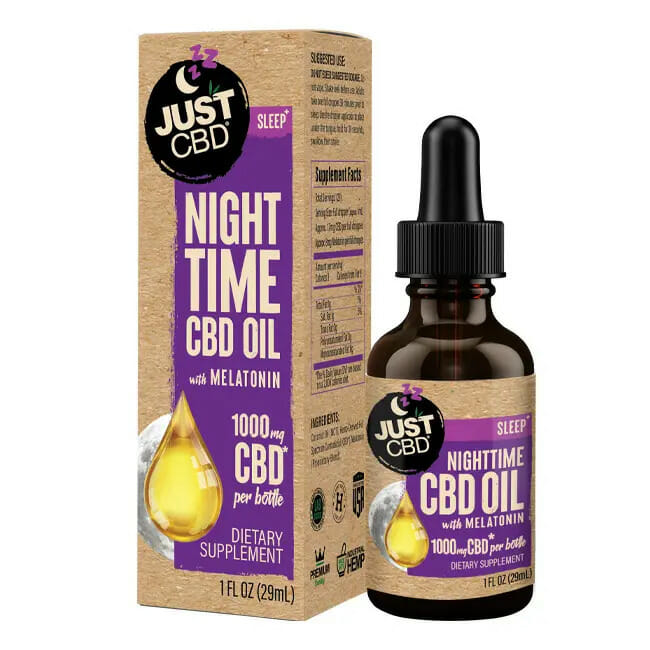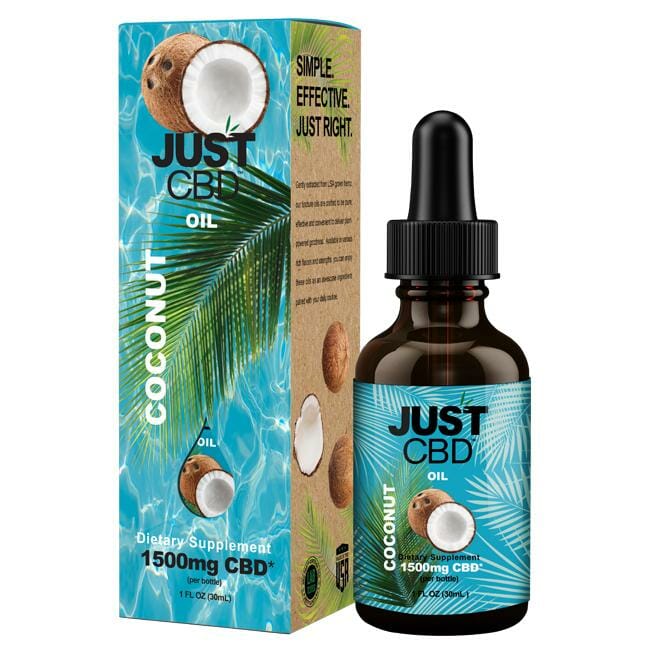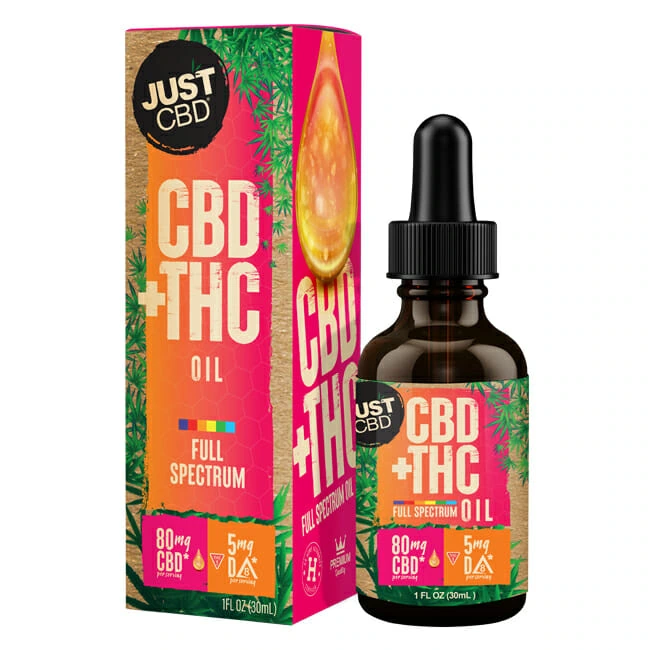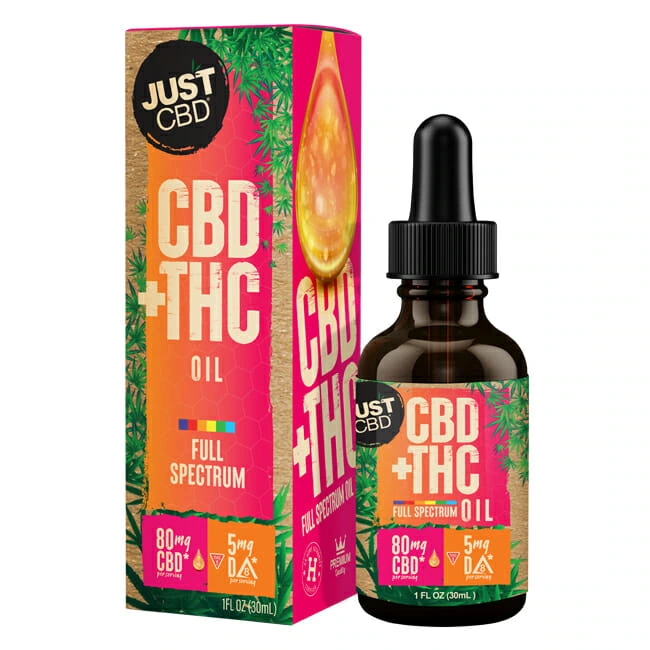CBD, or cannabidiol, has gained widespread attention for its potential health benefits, ranging from reducing anxiety to promoting better sleep. As a result, products containing CBD, such as tinctures, oils, edibles, and topicals, have flooded the market. However, despite the popularity of CBD products, the legal status of CBD tinctures varies across the United States, creating confusion for consumers and businesses alike.
This article explores the legal landscape of CBD tinctures in the USA, providing an in-depth look at the federal regulations, state laws, and emerging trends that shape the legal status of these products.
What is a CBD Tincture?
A CBD tincture is a liquid form of CBD that is usually taken sublingually (under the tongue) for faster absorption into the bloodstream. Tinctures are often made by infusing CBD extract into a carrier oil, such as MCT oil or hemp seed oil. CBD tinctures are a popular choice due to their ease of use, precise dosing, and fast-acting effects.
The CBD in tinctures is typically derived from hemp, a variety of the cannabis plant that contains less than 0.3% THC (tetrahydrocannabinol), the psychoactive compound in marijuana. This distinction is important because the legal status of CBD largely depends on whether it is sourced from hemp or marijuana.
Federal Legal Status of CBD Tinctures
The legal status of CBD products, including tinctures, is primarily determined by federal law. In 2018, the passage of the Farm Bill (officially known as the Agricultural Improvement Act of 2018) marked a pivotal moment for CBD legality in the United States. The bill legalized the cultivation of hemp and the production of hemp-derived products, including CBD, provided the hemp contains no more than 0.3% THC.
Key Takeaways from the 2018 Farm Bill:
- The Farm Bill legalized hemp-derived CBD products, including tinctures, as long as they contain less than 0.3% THC.
- It removed hemp from the definition of marijuana in the Controlled Substances Act (CSA), making hemp-derived CBD legal at the federal level.
- While hemp-derived CBD is legal under federal law, the FDA (Food and Drug Administration) maintains regulatory oversight of CBD products, especially those marketed as dietary supplements or therapeutic treatments.
FDA Regulations on CBD Tinctures
Despite the broad legalization of hemp-derived CBD at the federal level, CBD tinctures are still subject to certain restrictions, particularly when it comes to their use in food and beverages. The FDA has not approved CBD as a food ingredient, dietary supplement, or medication, except in the case of Epidiolex, a prescription drug used to treat certain types of epilepsy.
The FDA has issued guidelines stating that CBD products cannot be marketed with claims of treating or curing medical conditions without proper approval. This means companies selling CBD tinctures cannot legally claim that their products can cure, treat, or prevent diseases unless they undergo the necessary FDA approval process.
The FDA has also expressed concerns over the lack of standardization in the CBD industry, including issues with product labeling, contamination, and inconsistent concentrations of CBD. As a result, many states have implemented their own regulations to fill the gaps left by the federal government.
State-Level Legal Status of CBD Tinctures
While the federal government has provided a framework for the legality of hemp-derived CBD tinctures, individual states have the authority to regulate or restrict the sale and use of CBD products within their borders. This means that CBD tinctures may be legal in some states but illegal in others, and the specific rules can vary widely.
States Where CBD Tinctures Are Fully Legal
In many states, CBD tinctures are fully legal for both medical and recreational use, as long as they meet the federal requirement of containing less than 0.3% THC. These states have generally adopted the provisions of the 2018 Farm Bill without additional restrictions.
Some of the states where CBD tinctures are fully legal and regulated for adult use include:
- California
- Colorado
- Oregon
- Washington
- Nevada
In these states, CBD tinctures can be purchased both in dispensaries and online, with little to no state-level restrictions beyond the federal THC limit. Additionally, some states allow the use of CBD tinctures in food and beverages, as long as the products are not marketed with medical claims.
States with Medical-Only Legalization
Several states have legalized CBD tinctures, but only for medical use. In these states, individuals must have a valid prescription or medical marijuana card to purchase CBD tinctures. These states often have more stringent regulations surrounding the sale and distribution of CBD products.
Examples of states where CBD tinctures are legal for medical use include:
- Florida
- Georgia
- Texas
- Alabama
- Louisiana
In these states, patients with qualifying medical conditions can access CBD tinctures from licensed medical marijuana dispensaries, but recreational use of CBD products is not permitted.
States with Ambiguous or Restrictive CBD Laws
There are also several states where the legal status of CBD tinctures is unclear or restrictive. These states may have laws that allow the sale of CBD products in certain contexts, but they impose restrictions on how CBD tinctures can be marketed or consumed. In some states, hemp-derived CBD tinctures are legal, but the laws around their sale and use are complicated, and enforcement can vary.
For example, states like:
- Idaho
- Nebraska
- South Dakota
have enacted laws that either prohibit the sale of hemp-derived CBD products or have ambiguous language that makes it difficult for consumers to know whether they can legally purchase CBD tinctures. These states have historically taken a more conservative approach to CBD legalization, with some even criminalizing the sale of hemp-derived products in certain circumstances.
The Future of CBD Tincture Legality
The legal landscape for CBD tinctures and other hemp-derived products is still evolving. As consumer demand for CBD continues to grow, lawmakers at both the state and federal levels are likely to introduce new regulations to better define the legal status of these products.
Some potential future developments include:
- Increased FDA oversight: As the FDA conducts more research on CBD and its potential therapeutic effects, the agency may issue clearer guidelines for the marketing and sale of CBD tinctures and other CBD products.
- State-level reform: States that have been hesitant to fully embrace CBD may gradually change their laws as public opinion shifts and more data becomes available on the safety and efficacy of CBD products.
- Expansion of CBD use: Some states may move toward more expansive legalization of CBD products, allowing for broader use in food and beverages, cosmetics, and wellness products.
Conclusion
Understanding the legal status of CBD tinctures across the United States requires keeping track of both federal and state-level regulations. While the 2018 Farm Bill has provided a legal foundation for hemp-derived CBD, the FDA and individual states continue to shape how these products are regulated and sold. Consumers should always check the laws in their specific state to ensure they are in compliance with local regulations before purchasing CBD tinctures. As the industry matures
My Personal Review of Just CBD Tinctures: A Fun Experience!
I’ve been exploring CBD tinctures for a while now, and I thought it would be fun to give Just CBD’s products a try. Here’s my personal experience with a few of their tinctures – from the standard CBD oil to the specialized nighttime formula – and what I liked (and didn’t like) about each one!
Nighttime CBD Oil Tincture with Melatonin

Link to buy: Nighttime CBD Oil Tincture with Melatonin
Okay, let’s talk about this one! The combination of CBD and melatonin is perfect for those of us who have trouble winding down at night. I tried this after a particularly stressful day, and let me tell you – it was like hitting the reset button. A few drops under my tongue, and within about 30 minutes, I felt super relaxed and ready to sleep. The melatonin really kicked in without any grogginess the next morning. The only downside? You really need to watch the dosage. Too much, and I felt like I could sleep for a week! But that’s more about personal preference than anything wrong with the product.
Coconut Oil Tincture

Link to buy: Coconut Oil Tincture
This is the one I grabbed when I wanted something a little more versatile. I love the coconut flavor – it’s super light, not overpowering, and just adds a bit of a tropical vibe to my daily routine. It’s perfect for use any time of day, and the coconut oil makes it feel a bit more luxurious. I did notice that it took a little longer to kick in compared to other tinctures I’ve used, but once it did, I felt mellow and clear-headed. The only downside is that coconut oil can be a bit thick, and it doesn’t dissolve as quickly under your tongue, so sometimes I had to hold it for a little longer. But nothing too bothersome!
Full Spectrum Tincture

Link to buy: Full Spectrum Tincture
This is my go-to for daytime use. The full-spectrum CBD gives me that “entourage effect” – it’s more balanced and holistic than just straight CBD. I’ve been using this one for a couple of weeks now, and it’s really helped with my anxiety and focus. I take it in the morning before work, and it seems to keep me centered throughout the day. What I liked? It’s potent but doesn’t leave me feeling “stoned” like some other products with THC. What I didn’t like? Well, if you’re new to CBD, it might feel a bit too strong initially. I would recommend starting with a smaller dose and working your way up. It has a bit of an earthy taste, which some might not enjoy, but I didn’t mind it at all.
CBD + THC Full Spectrum Oil

Link to buy: CBD + THC Full Spectrum Oil
Now, this one is for those days when I need to relax and unwind. It’s got both CBD and a little THC, so it gives me that extra kick. I tried this one before a long, relaxing evening, and it definitely helped with both my physical tension and mental stress. It’s a great way to chill out without feeling too “out of it.” The taste is a bit stronger because of the THC, but I didn’t mind it as much as I thought I would. If you’re used to THC, you’ll probably appreciate this one a lot more.
Final Thoughts
- What I Liked: Each tincture had its own personality, but overall, Just CBD does a great job of providing quality CBD that is effective without being overpowering. The variety – from the nighttime formula to the full spectrum – means you can choose based on your needs.
- What I Didn’t Like: The only real issue I had was with the coconut oil tincture taking a bit longer to kick in, but that’s pretty minor in the grand scheme of things. Also, the earthy taste of the full spectrum tincture might be a turnoff for some, but it’s something I got used to pretty quickly.
If you’re looking to try these, I’d definitely recommend the Full Spectrum Tincture for daily use and the Nighttime CBD with Melatonin for a peaceful night’s sleep. I loved the variety and how each one catered to different aspects of my wellness routine.
